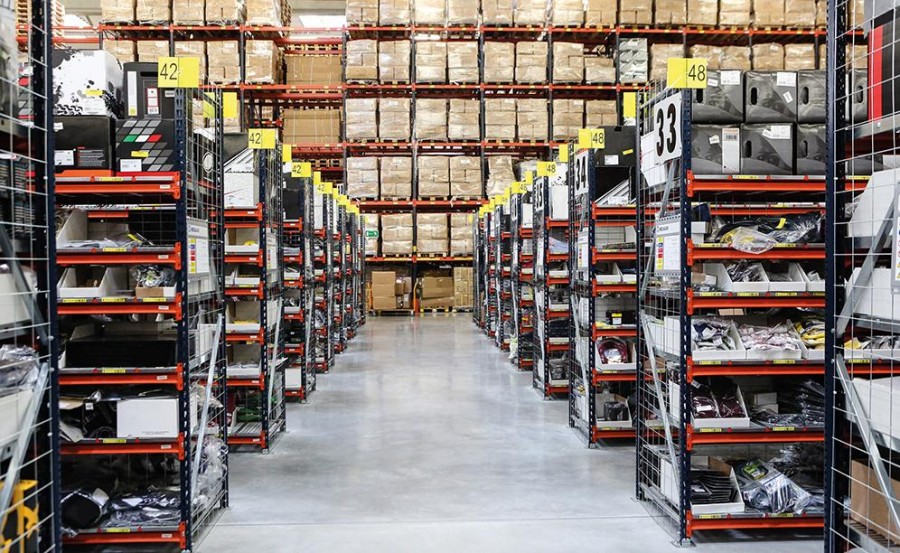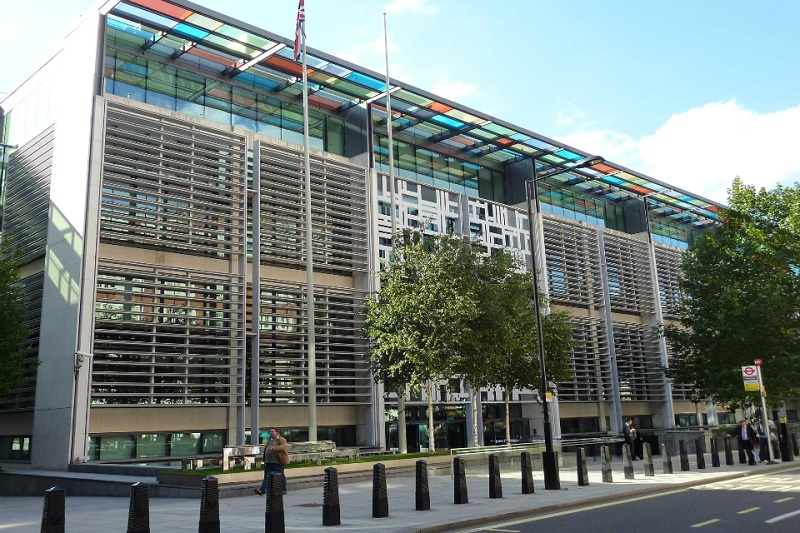The UK manufacturing sector started the third quarter on a weak footing.
Output contracted for the first time in over two years as intakes of new work and new export business both continued to decline.
The labour market fared better, as job creation posted a surprise acceleration as companies acted to address staff shortages. The seasonally adjusted S&P Global / CIPS UK Manufacturing Purchasing Managers’ Index (PMI) fell to a 25-month low of 52.1 in July, from 52.8 in June.
The PMI held above the 50.0 no-change mark due to faster jobs growth, rising stocks of purchases and longer vendor lead times (although the latter two had less positive influences than in the previous survey month).

Manufacturing output contracted for the first time since May 2020, mainly reflecting downturns in the consumer and intermediate goods sub-industries. Although the upturn continued in the investment goods category, the rate of expansion dipped to a four-month low. Companies linked lower output to reduced intakes of new work, weaker market demand, difficulties in sourcing components and transportation delays.
The level of new business contracted for the second successive month, with decreases registered across the three product categories (consumer, intermediate and investment goods) covered by the survey. The reduction in total new orders was linked to the cost of living crisis, weak domestic demand, client uncertainty, warmer-than-usual weather and lower intakes of new export business. Foreign demand fell for the sixth month in a row, amid reports of weaker inflows from mainland Europe (partly due to post-Brexit issues), the USA and China.
The trend in employment was more positive, however, as the rate of job creation accelerated to a three-month high in July. Companies linked increased staff headcounts to addressing staff shortages and strategic growth plans. The increase in capacity aided efforts to reduce backlogs of work.
Outstanding business contracted at the quickest pace for 22 months. July data provided further signs that cost inflation and supply chain stresses were both passed their respective peaks. Vendor lead times lengthened to the least marked extent in almost two years and average input prices increased at the weakest pace since January 2021.
Manufacturers reported a broad range of inputs as up in price, including chemicals, electronics, energy, food products, fuels, metals, packaging, timber and transportation. The war in Ukraine, exchange rate factors, global inflationary pressures and input shortages were also blamed for increased purchasing costs. Part of the rise in input prices was passed on to clients in the form of increased output charges in July. Selling prices rose for the seventy-fifth successive month, albeit at the slowest pace since May 2021.
Stocks of purchases and finished goods both continued to rise. The increase in the former was despite reduced input buying as companies acted to protect their cash flow. Some firms noted that the receipt of previously delayed raw material deliveries had contributed to the build-up of inventories.
Business optimism was unchanged from June's two-year low in July. Manufacturers forecasting growth of production volumes over the coming year linked this to planned expansions and hopes for improved market conditions. Firms expecting a contraction attributed it to weak market confidence, recession fears and the cost of living crisis.
Rob Dobson, Director at S&P Global Market Intelligence, said: “The UK manufacturing sector shifted into reverse gear at the start of the third quarter. Output contracted for the first time since May 2020, as new order intakes suffered the first back-to-back monthly decreases for two years. Rising market uncertainty, the cost of living crisis, war in Ukraine, ongoing supply issues and inflationary pressures are all hitting demand for goods at the same time, while lingering post-Brexit issues and the darkening global economic backdrop are hampering exports.
"With the Bank of England implementing further interest rate hikes to combat inflation, the outlook is beset with downside risks. With this in mind, the continued low degree of optimism among manufacturers is of little surprise.
“It wasn't all bad news though, with further signs that cost inflation at manufacturers and supply pressures are already passed their respective peaks. Accelerated job growth as companies address staff shortages was also a plus, although may be at risk if the downturn becomes more entrenched over the coming months.”
Duncan Brock, Group Director at the Chartered Institute of Procurement & Supply: “July’s results may have shown a marginal reduction in manufacturing output but its significance as the first fall since May 2020 should make business leaders and policymakers sit up and take notice.
“Output from the consumer goods sector went into contraction along with new orders and the signs show this trend will continue towards the autumn months. A reduction in the level of new orders from domestic customers clearly showed that the pressure of cost of living rises for basics such as fuel and energy made consumers think twice about non-essential purchases.
“The appetite for overseas orders were similarly affected by challenges in global economic growth, disruption in supply, transportation and customs inefficiencies at ports where order levels from the US and China fell back. Even a further easing of supply chain pressures was not enough as lead[1]times continued to be a trial of endurance at historically high levels.
“The rate of cost inflation also slowed marginally but did nothing to improve the mood of manufacturers with optimism unchanged from last month’s low levels.”




















